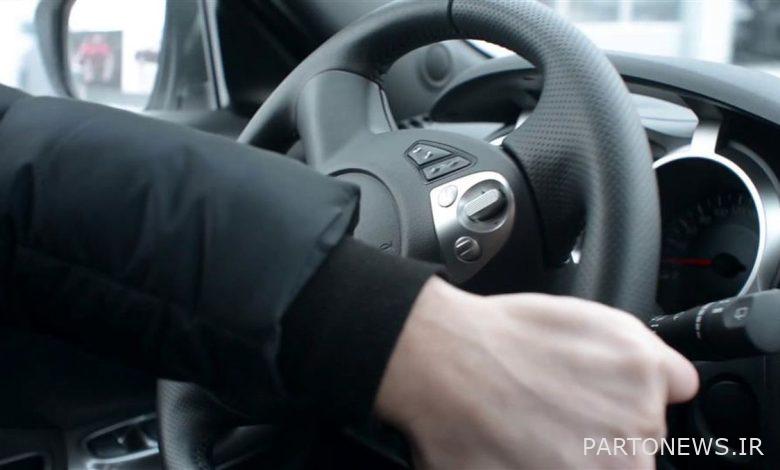Why does the car make noise when driving?

The main cause of car noise when turning
According to the report of online economy, there are many times when annoying noises are heard from the car while driving; Sounds that may indicate a problem in the car. In the following, we are going to examine some of these cases.
Hearing a whistling sound: Sometimes it happens that after starting the car, a sound like a whistling sound is heard, which goes away after the car warms up, it may be a problem with the alternator belt. On the other hand, hoses are an important part of the engine cooling system, the continuous circulation of air and coolant through the car engine can cause small cracks in the hoses and break them. The whistling sound you hear can be air escaping from these holes.
If you still hear a whistling sound after the car is turned off, it may be coming from the car’s radiator pressure cap. The cap is designed to release excess heat from an overheated coolant, but sometimes the rubber gasket parts break and air leaks out.
Read in this context;
The best time to change car engine oil
When should the spark plug be replaced?
Your car starter gets stuck because…
The mistake of most Iranian drivers when filling the gas tank
The sound you hear when turning the steering wheel: If you hear a whistling sound while the car is moving and turning the steering wheel, it is likely that the belt has a problem. In addition to many gaskets, hoses and wires, a car engine has several rotating belts. Over time, these belts can stretch or crack as they travel around a pulley system at high speed. Replacing worn belts is cheap and can save you a lot of headaches down the road.
Clicking sound when revving: You may hear a ticking or clicking sound from the engine when revving, which indicates that you need to check the car’s oil tank. Since noisy pistons rely on lubricating oil for smooth operation, they are often a sign of a low oil level. Before taking your car to the shop, check your car’s dipstick.
Hearing the engine roar while the car is idling: A good engine should roar, but not too loud; If you feel the car is making more noise than usual, there may be a problem with the cylinder. If there is an uneven air-fuel ratio in the cylinder, more gasoline may be burned. Excess pressure in the cylinder can make the engine sound louder than normal or even create a rattling sound. Failure to pay attention to this issue can lead to engine damage.
Source:
Young Journalist Club

